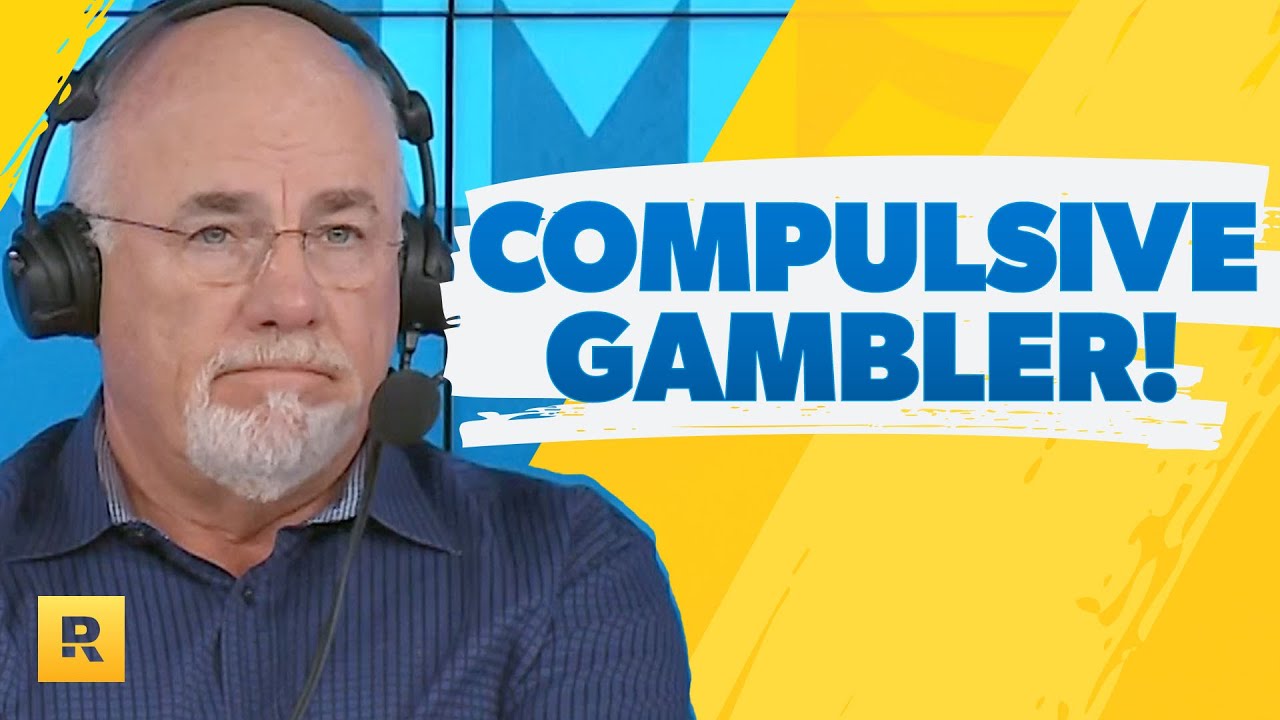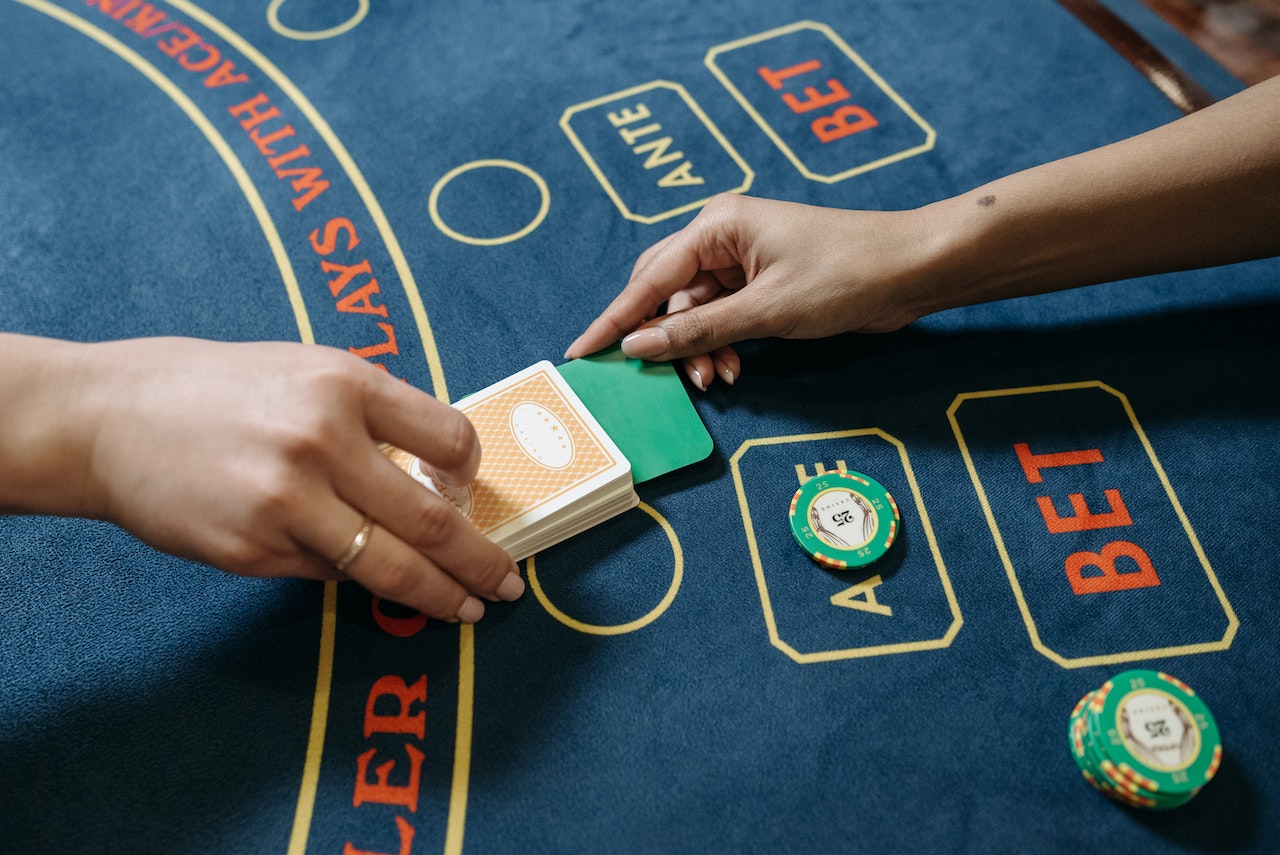How To Deal With Gambling Debt And Legal Issues - Gambling Debt Forgiveness And Legal Options
In this article, we will discuss How to deal with gambling debt and legal issues and provide helpful tips to help you get back on track. Gambling is a popular pastime for many people, but it can quickly become a problem if it leads to significant financial losses.
Apr 14, 202314.8K Shares316.8K Views

In this article, we will discuss How to deal with gambling debt and legal issuesand provide helpful tips to help you get back on track. Gambling is a popular pastime for many people, but it can quickly become a problem if it leads to significant financial losses.
Unfortunately, gambling debt can have severe consequences, both financially and legally. If you are dealing with gambling debt and legal issues, it is essential to know your options and take steps to resolve the situation.
Understanding Gambling Debt
Gambling debt is a type of unsecured debt, which means that it is not backed by collateral such as a house or car. It is usually incurred when a person borrows money or uses credit to gamble and then cannot pay back the debt.
Gambling debt can quickly spiral out of control and lead to severe financial problems, including bankruptcy, foreclosure, and even homelessness.
Legal Issues Associated With Gambling Debt
In addition to financial problems, gambling debt can also lead to legal issues. Gambling is illegal in many states, and if you gamble in a state where it is prohibited, you may face criminal charges.
Even if gambling is legal in your state, if you borrow money to gamble, you may be in violation of the law.
Furthermore, if you cannot pay back your gambling debt, you may be sued by the casino or other creditors, which can lead to wage garnishment, asset seizure, and other legal problems.
How To Deal With Gambling Debt And Legal Issues
If you are struggling with gambling debt and legal issues, there are several steps you can take to resolve the situation.
Seek Professional Help
The first step in dealing with gambling debt and legal issues is to seek professional help. A financial advisor or credit counselor can help you create a budget and develop a plan to pay off your debt.
They can also help you negotiate with creditors and determine whether bankruptcy is a viable option.
Stop Gambling
It is essential to stop gambling immediately to prevent your debt from getting worse. If you cannot stop gambling on your own, consider seeking help from a support group or a therapist. There are also several online resources available to help you overcome gambling addiction.
Negotiate With Creditors
If you cannot pay your gambling debt in full, consider negotiating with creditors. You may be able to arrange a payment plan or settle the debt for less than what you owe. Be sure to get any agreements in writing and stick to the payment plan to avoid further legal problems.
Consider Bankruptcy
If you are unable to pay your gambling debt and other debts, bankruptcy may be the best option. A bankruptcy attorney can help you determine whether filing for bankruptcy is the right choice for your situation.
Bankruptcy can help you eliminate your debt and get a fresh start, but it can also have long-term consequences, so it is essential to understand the risks before filing.
Hire A Lawyer
If you are facing legal issues related to gambling debt, such as wage garnishment or asset seizure, it is crucial to hire a lawyer who specializes in debt and bankruptcy law. A lawyer can help you navigate the legal system and protect your rights.
Gambling Debt Forgiveness
Gambling debt forgiveness is a process in which a creditor, typically a casino or other gambling establishment, forgives or cancels the debt owed by a debtor who is unable to pay. This can occur in a few different ways.
One option is for the debtor to negotiate with the creditor to forgive a portion of the debt in exchange for a lump sum payment.
This is known as a debt settlement, and it can be a viable option if the debtor has a lump sum of cash available but cannot afford to pay the full amount owed.
Another option for gambling debt forgiveness is through a bankruptcy proceeding. In a bankruptcy, the debtor can discharge or eliminate most types of unsecured debts, including gambling debts.
However, it is essential to note that not all gambling debts may be dischargeable in bankruptcy. For example, debts incurred through fraud or misrepresentation may not be eligible for discharge.
In some cases, gambling establishments may also offer forgiveness programs to individuals struggling with gambling addiction. These programs may include counseling or treatment for gambling addiction, and in some cases, the forgiveness of outstanding debts.
However, these programs are typically only available to individuals who seek help for their addiction and may not be available to everyone.
It is important to note that forgiveness of gambling debt is not a common practice, and creditors are not required to forgive any debt owed to them.
However, creditors may be more willing to negotiate a settlement or forgiveness if it is in their best interest or if they believe it is unlikely that the debtor will ever be able to repay the debt in full.

My Husband Is A Compulsive Gambler, What Should I Do?
Mental Health Gambling Refund
A mental health gambling refund is a type of refund offered by some gambling establishments to individuals who have experienced a significant loss due to gambling while experiencing mental health issues or addiction.
This type of refund is typically offered as a way to provide support and assistance to individuals who may have been vulnerable or experiencing mental health problems at the time of their gambling.
To be eligible for a mental health gambling refund, the individual must usually provide evidence of their mental health condition or addiction, and demonstrate that their gambling was directly linked to their condition.
This can be done through medical records, statements from mental health professionals, or other evidence.
The specific terms and conditions of mental health gambling refunds can vary depending on the gambling establishment and the jurisdiction in which they operate.
In some cases, the refund may cover the full amount of the individual's losses, while in other cases, it may be a partial refund or credit toward future gambling.
It is important to note that not all gambling establishments offer mental health gambling refunds, and those that do may have specific eligibility criteria and processes for applying.
Individuals who believe they may be eligible for a mental health gambling refund should contact the gambling establishment directly to inquire about their policies and procedures.
While mental health gambling refunds can provide much-needed support and assistance to individuals who have experienced significant losses due to gambling while experiencing mental health issues or addiction, it is important to remember that they are not a solution to ongoing gambling problems.
Individuals who are struggling with gambling addiction or mental health issues should seek help from qualified professionals to address their underlying issues and develop a plan for recovery.
People Also Ask
What Should I Do If I Am Struggling With Gambling Addiction And Debt?
You should seek help from qualified professionals who can provide support and assistance for both your addiction and debt.
Can A Gambling Establishment Legally Forgive A Debt?
Yes, a gambling establishment can choose to forgive a debt owed to them, but they are not required to do so.
How Can I Avoid Getting Into Gambling Debt?
Set a budget and stick to it, avoid borrowing money to gamble, and seek help if you feel like you may have a problem with gambling.
Can I Sue A Gambling Establishment For My Gambling Debt?
It is unlikely that you will be able to successfully sue a gambling establishment for your gambling debt, as it is generally considered a form of personal responsibility.
Is There Any Legal Recourse For Individuals With Gambling Debt?
Legal recourse for individuals with gambling debt is limited, but there are options available, such as debt management programs, debt settlement, and bankruptcy.
Conclusion
Dealing with gambling debt and legal issues can be a stressful and overwhelming experience, but it is essential to take action to resolve the situation.
Seeking professional help, stopping gambling, negotiating with creditors, considering bankruptcy, and hiring a lawyer are all steps you can take to address your gambling debt and legal issues.
Remember that it is never too late to seek help and take control of your financial future. The aim of this article is to explain How to deal with gambling debt and legal issues in detail. We hope that you will get the point.
Latest Articles
Popular Articles
